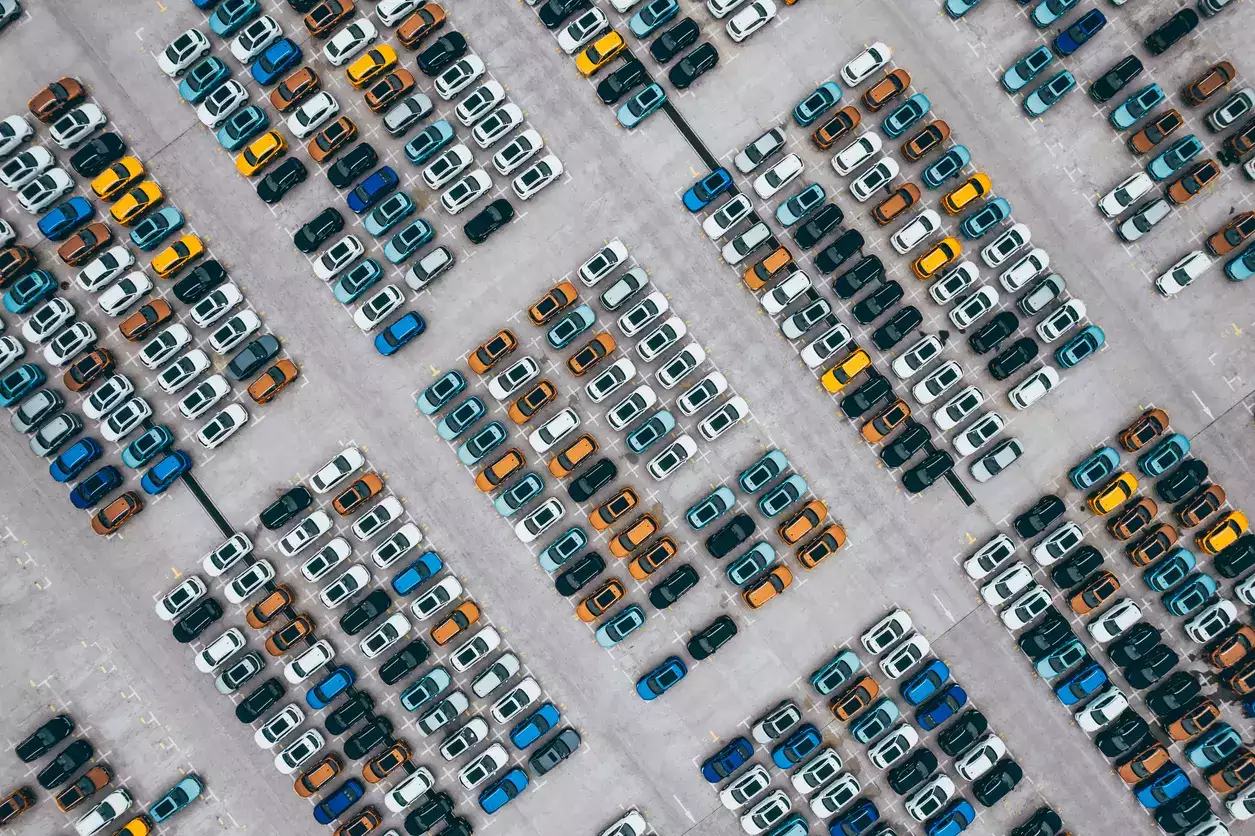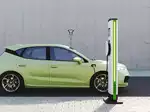Chinese automakers tell suppliers to cut costs as price war deepens

China's BYD, the world's largest manufacturer of electric vehicles, asked a supplier to reduce its product prices by 10% starting next year, according to a company email that was apparently leaked and circulated widely on the internet in China.
He Zhiqi, BYD's executive vice president, said the competition for so-called new-energy vehicles - China's preferred phrase for fully electric and gas-electric hybrid vehicles - was entering a "decisive battle" or "knockout match," according to the email, with the subject line "BYD Passenger Vehicle Cost Reduction Requirements in 2025."
"In order to enhance the competitiveness of BYD passenger cars, we need the entire supply chain to work together and continue to reduce costs," He wrote.
On Wednesday, a BYD spokesperson wrote on Weibo, the Chinese social media site, that annual price negotiations with suppliers are a common practice in the automotive industry. He added that because of BYD's large scale, it sets non-mandatory "price reduction targets" for suppliers that can be negotiated. He did not comment on the email specifically nor whether other suppliers were facing similar demands.
BYD did not respond to requests for comment.
Earlier this week, SAIC Maxus Automotive, an arm of Chinese state-owned automobile manufacturer SAIC, sent a letter to its suppliers asking for a 10% reduction in costs, citing oversupply in China's automobile market, according to news reports in state media. The letter noted that there are so many manufacturers launching new cars that it does not expect the price war to abate anytime soon.
SAIC Maxus Automotive, which makes trucks, sport utility and electric vehicles, did not immediately respond to an email seeking comment.
China's electric vehicle market is the world's largest but also its most cutthroat, with dozens of brands jostling for position. The intense competition has ignited a price war among manufacturers battling for market share and brand recognition.
The fight has also moved overseas as many Chinese brands look to markets like Thailand and Brazil, where they can sell electric vehicles at a significantly lower price than many existing automakers.
In its latest price reduction in China, Tesla announced Monday a cut of about USD 1,400, or about 4%, for its Model Y sport utility vehicle until the end of the year.
A shakeout in the industry is starting to take shape as companies burn through cash. In September, market regulators in Shanghai listed the local offices of Hycan Auto, originally a joint venture between Chinese electric vehicle brand Nio and automaker GAC Group, as a "company with abnormal operation." Hycan Auto dismissed employees and had not paid compensation to laid-off workers, Chinese media reported.
Chinese electric car brand Hozon Auto also slashed costs by cutting salaries, eliminating jobs and laying off staff to improve its cash flow, according to Chinese media.
From January through October, Chinese companies sold 9.75 million fully electric and hybrid vehicles, an increase of 34% from a year earlier, according to the China Association of Automobile Manufacturers. About 1 million of those vehicles were exported.
BYD is well-positioned as the leader with a market share of around 35%. In China, its biggest market, BYD sold 2.9 million fully electric and hybrid vehicles in the first 10 months of the year, an increase of 35% from a year earlier, according to the China Passenger Car Association. Globally, BYD has broken into the top 10 of total vehicles sold and looks poised to surpass Ford and Honda soon.
The company has aggressively expanded overseas. It has built assembly lines in Brazil, Hungary, Thailand and Uzbekistan. It is also looking to put a factory in Mexico, a market where it expects sales to double next year.
But BYD and other Chinese carmakers moving into Mexico have put some plans for factories on hold because of uncertainty surrounding the incoming administration of U.S. President-elect Donald Trump, Mexican officials have said.
Trump said Monday that he planned to impose a 25% tariff on all goods from Mexico and Canada until those countries stopped the flow of migrants and drugs into the United States. During the presidential campaign, he threatened to heap additional tariffs on products from U.S. companies that moved manufacturing to Mexico.

